The Texas Heart Institute’s Electrophysiology Clinical Research & Innovations department (ECRI) is pioneering some of the most ground breaking cardiac arrhythmias research and management today in collaboration with institutions across the US. With a history of firsts in man devices, the next first in cardiac arrhythmia treatments is already happening at the Texas Heart Institute.
Electrophysiology Clinical Research & Innovations
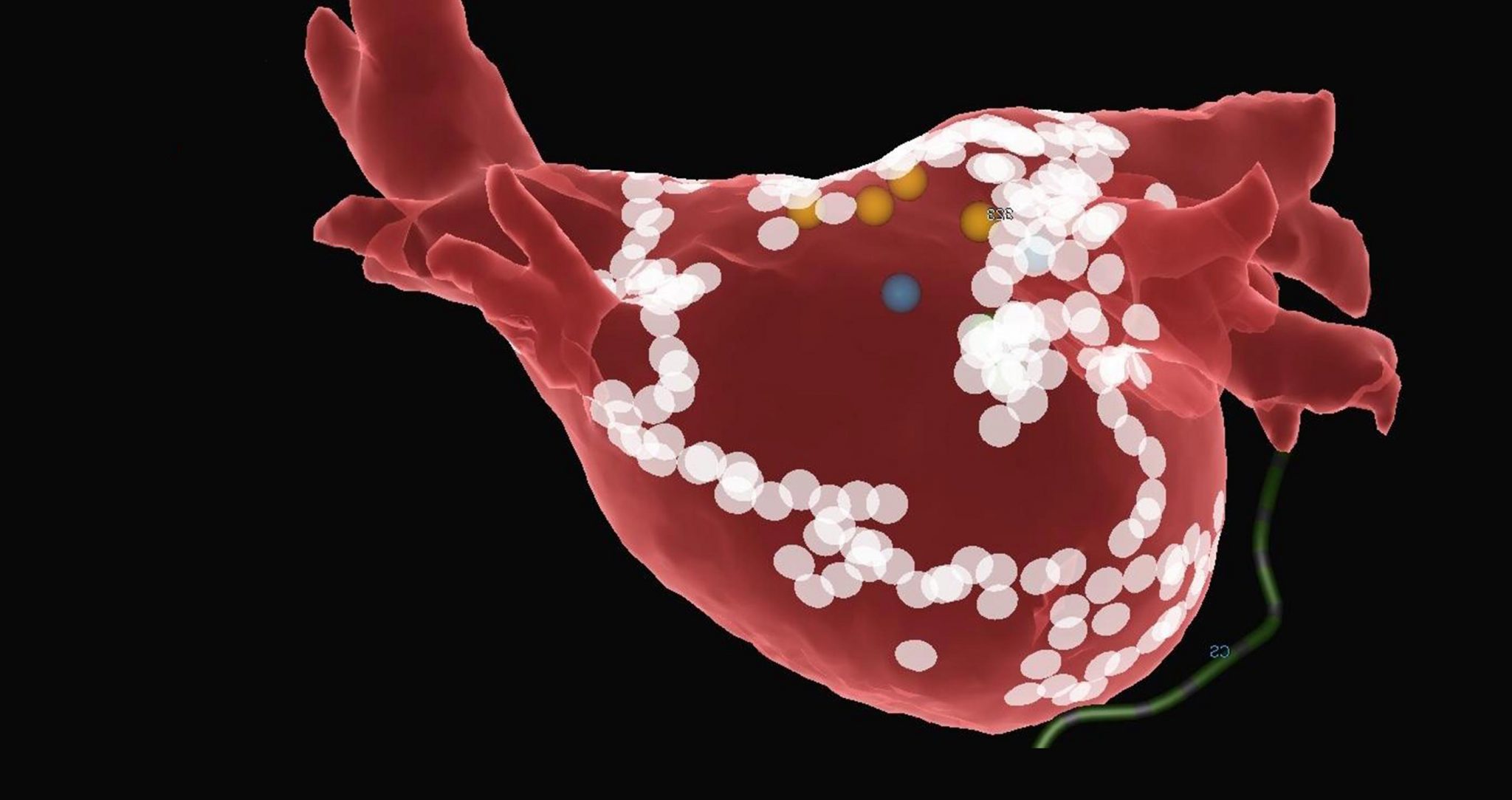
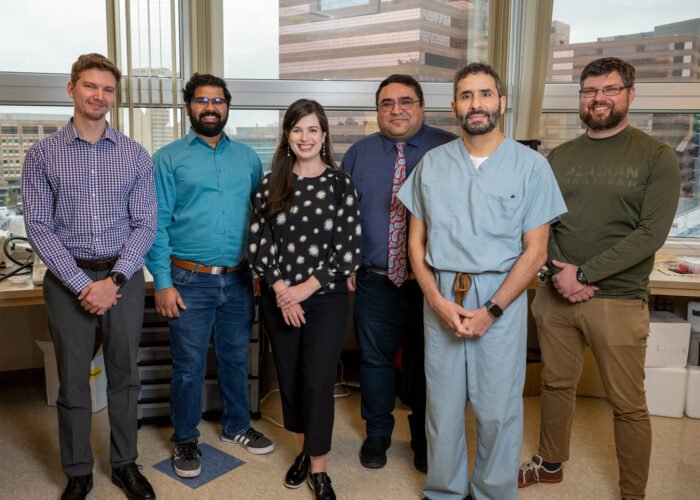
Unparalleled infrastructure for translational and clinical research
The THI Electrophysiology Clinical Research & Innovations department is creating and developing an unparalleled infrastructure for translational and clinical cardiac arrhythmia research and innovation. As an international leader in the field of cardiac arrhythmia research, the lab’s efforts will undoubtedly lead to groundbreaking advances in cardiac care.
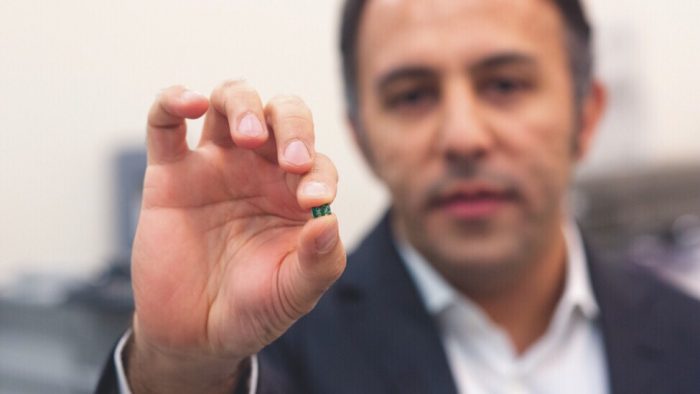
Our Team
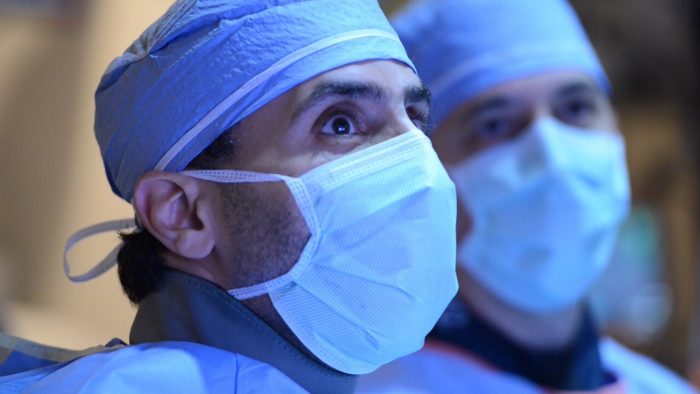
Led by Director Mehdi Razavi, MD, the Electrophysiology Clinical Research & Innovations department (ECRI) team emphasizes the importance of innovations that will improve healthcare outcomes for hospitals as well as patient’s and their quality of life.
Current Projects
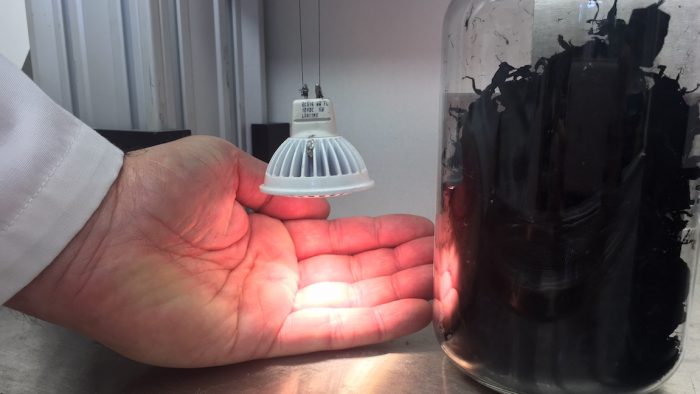
Our current research include projects centered around the applications of carbon nanotube fibers as a therapeutic and diagnostic tool, development of a wireless, lead-less pacemaker, personalized multisite pacing therapies and impedance-based navigation tools to enable easier access to pericardial space during surgery.
Recent News
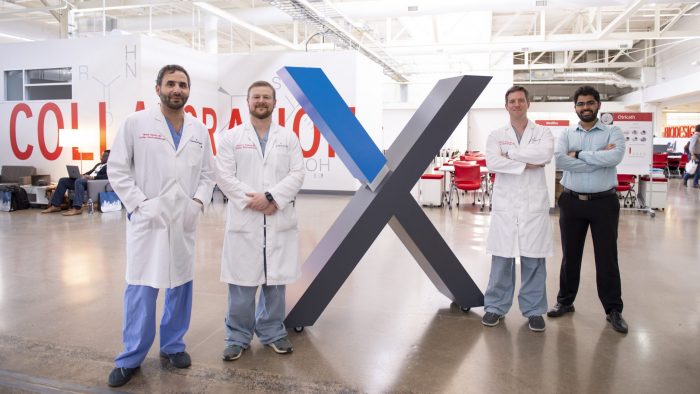
The mission of the Electrophysiology Clinical Research & Innovations department (ECRI) is to create and develop an infrastructure for translational and clinical cardiac arrhythmia research and innovation. Check out our latest news for updates on our progress.

.svg)


